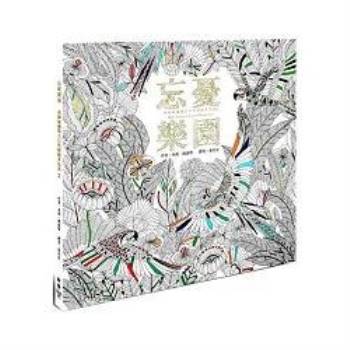Praise for A Great Wild Goodness, What Frightens Also Excites
Each poem here glows incandescent on its own but it is the sum of the whole that shines with a bonfire light-brightest in their unity, brimming with the ebb and flow of life, seasons weaving in and out of childhoods stretching over seventy years, these poems are overflowing with the tumble of it all, pain and joy, a quiet confidence, and a serious noticing. It is not only the perfect details that flash though, Maren-Hogan has a true eye for just the right verb as well, an active surging voice that reaches always towards what she calls "the seamlessness of life." Across the poems lines echo and rise together like voices in a round-"Karen giggled like a singing bowl," milk ringing in the bottom of a pail, "a priest of shining sound," "vibrations of grief flow through us, ricochet toward the mountains, return to fill the valley."
-Mesha Maren, novelist and Duke University Professor - author of Sugar Run, Shea
These are tender poems that invite the reader to celebrate myriad and complex connections. Using deft language, Anne Maren-Hogan explores family relationships, discrimination, death, and what it means to live in community. She bravely confronts the difficulties of making - and keeping - these connections, writing, "what I allow in might / just break me." And yet, underlying all these poems is an unflagging faith in humanity, a belief in "A Great Wild Goodness."
-Pat Riviere-Seel, author of When There Were Horses
A "great, wild goodness" courses through these poems, an exuberance that can make room for the sorrowful, find the grace-filled, and tenderly capture the deep and often complicated feelings for family members. Like the best poets, Anne Maren-Hogan invites us to see in ways we haven’t, to notice what we may have overlooked, to find, even in the commonplace, the uncommonly fine and glorious.
-Catherine Reid, author of Falling Into Place: An Intimate Geography of Home
About the Author
ANNE MAREN-HOGAN writes and gardens in one of the oldest intentional communities in the country, dedicated to simplicity, sustainability, and consensus decision-making. Her childhood on an Iowa farm, which her family still farms, provides material for her poetry, as deep and rich as the black earth from which she comes. Anne began writing poetry after raising children and gives credit to her writing group for their edits and insight. Her first chapbook, The Farmer’s Wake, was published by Finishing Line Press. Her second chapbook, Laying the Past in the Light, published by Longleaf Press, looks at the mystery of death and resurgent power of landscape. Her manuscript, Vernacular, was chosen as the winner of the Lena M. Shull Poetry Book Contest by 2021North Carolina Poetry Society.
Contact the author at: micsamann@gmail.com

 看圖書介紹
看圖書介紹










